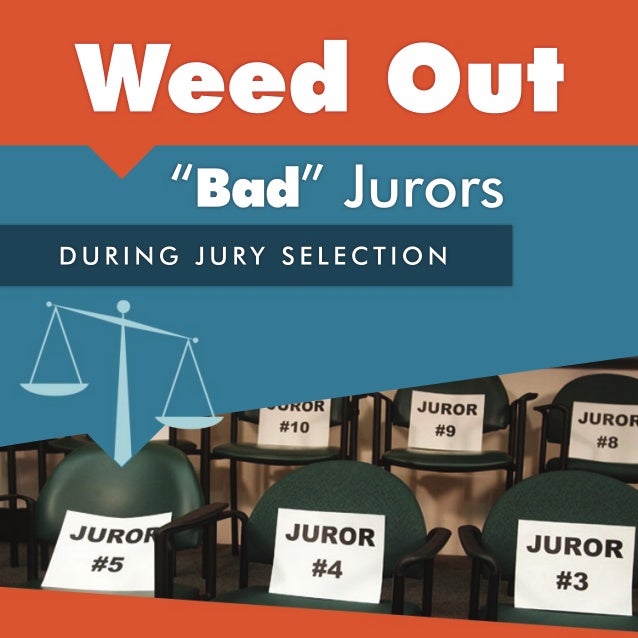
The state Legislature shall consider strengthening DUI consequences in Washington.
It makes sense, in a way. News reports indicate that DUI accidents have increased, or at least, a recent string of crashes in Washington leads us to believe so. While these tragedies are awful, it is important to remember that these results are not typical.
It’s no secret that DUI penalties are already harsh. Mandatory minimum penalties start at 24 consecutive hours in jail (convertible to 15 days of electronic home monitoring); $941 fine/court assessment; a 90-day license suspension; court-ordered alcohol evaluation, treatment, and victim impact panel; a one-year ignition interlock device (IID) requirement; five years of probation; and mandatory 12- hour impoundment of the vehicle immediately following arrest.
The mandatory minimum penalties get stiffer with subsequent convictions within seven years or higher BAC levels. Even worse, defendants convicted of DUI cannot vacate or expunge their conviction. The DUI remains on their criminal history forever.
The Legislature has amended DUI penalties 11 times in the past 10 years. It’s a subject of intense debate among lawmakers. Nowadays, legislatures are looking at different ways to, once again, enhance the penalties of DUI drivers.
The proposals could be seen as Draconian. They include making someone’s third DUI a felony; requiring impounded vehicles have Ignition Interlock Devices be installed before releasing the vehicle; random sobriety checkpoints; increasing jail sentences; a 10- year prohibition on the consumption or purchase of alcohol following the third DUI conviction; faster filing of charges and mandatory jail booking following arrest.
My opinion? The proposals are Draconian. Requiring installation of IID devices on impounded vehicles is potentially unconstitutional. What if the defendant borrowed the vehicle from a family member or friend? Additionally, the Washington Supreme Court has already ruled random sobriety checkpoints unconstitutional. Finally, mandatory incarceration following arrest will cause a massive need for more jail space and money to pay for it.
Yes, increasing DUI penalties to stop repeat offenders – or even first-time offenders – is a worthwhile goal. However, careful measures must be taken by our lawmakers to draft laws and policies that address the problem while keeping in mind that everyone is entitled to make mistakes.
Please contact my office if you, a friend or family member are charged with a crime. Hiring an effective and competent defense attorney is the first and best step toward justice.















